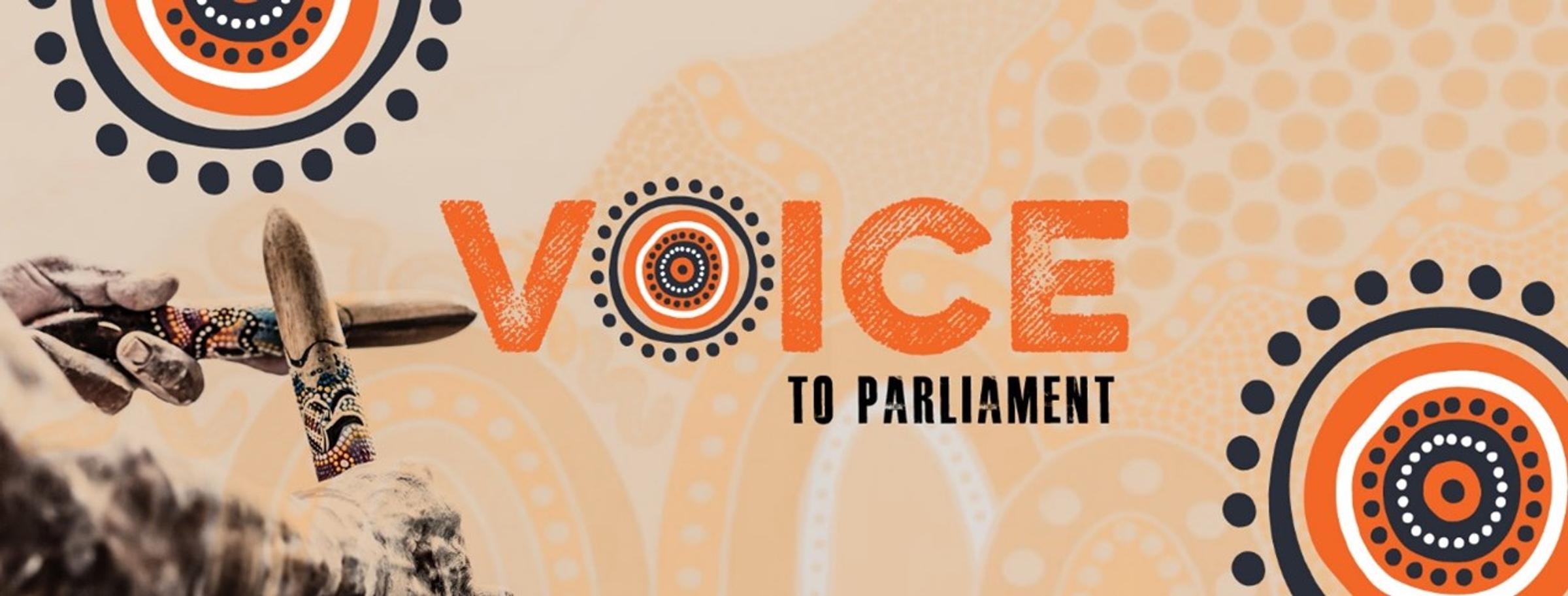Faith and Mission

The Referendum
On October 14, all eligible voters will be asked to answer YES or NO to the question:
A Proposed Law: to alter the Constitution to recognise the First Peoples of Australia by establishing an Aboriginal and Torres Strait Islander Voice. Do you approve this proposed alteration?
To further inform you on the proposed law and referendum on the Voice to Parliament, we share with you an article written about the Voice to Parliament by Fr Frank Brennan, SJ.
Fr Brennan is a Jesuit priest, human rights lawyer and academic who has advocated the Catholic perspective in the public sphere for over 40 years. Fr Brennan’s suggested way forward is based on the principles of Catholic Social Teaching.
"What are Catholics to think about the proposed referendum on the Voice to Parliament? During the first year of his pontificate, Pope Francis in his Apostolic Exhortation Evangelii Gaudium said: “An authentic faith – which is never comfortable or completely personal – always involves a deep desire to change the world, to transmit values, to leave this earth somehow better that we found it.
“We love this magnificent planet on which God has put us, and we love the human family which dwells here, with all its tragedies and struggles, its hopes and aspirations, its strengths and weaknesses. The earth is our common home and all of us are brothers and sisters.”
Pope Francis then quoted with approval his predecessor Pope Benedict XVI, who wrote in his encyclical Deus Caritas Est that “the just ordering of society and of the state is a central responsibility of politics,” and that the Church “cannot and must not remain on the sidelines in the fight for justice.”
Pope Francis added this observation: “All Christians, their pastors included, are called to show concern for the building of a better world. This is essential, for the Church’s social thought is primarily positive: it offers proposals, it works for change and in this sense it constantly points to the hope born of the loving heart of Jesus Christ.”
“We must strive to listen to community leaders who know what is good for their communities …”
Our recent Australian Plenary Council endorsed the Uluru Statement from the Heart and encouraged, “engagement with processes for implementing the statement, including local, regional, and national truth-telling efforts.”
I suggest ten steps for Catholics inspired by our Catholic social teaching when approaching the forthcoming referendum. I couch these suggestions in terms appropriate for those of us who are not Indigenous.
We are all invited into constructive dialogue. We must strive to listen to community leaders who know what is good for their communities just as those of us who are not Indigenous know what is good for ourselves and our loved ones.
1. Be attentive to the voices of Aboriginal and Torres Strait Islander people. Stop telling them what is good for them. Start listening to them. Accept that they know what is good for them, just as we know what is good for us and our loved ones.
2. Don’t expect all Aboriginal and Torres Strait Islander people to agree about legal, political and constitutional questions. It’s called living in a democracy.
3. Form respectful relationships with Aboriginal and Torres Strait Islander people and engage in respectful conversations with those who are your friends.
4. Having heard a range of Indigenous voices, make your own decisions about what Aboriginal aspirations are morally justified. What would be right and proper for Australia in the 21st century? For example, the Commonwealth Parliament has power to make special laws about First Nations people. Many Aboriginal people now say, “No special laws without us!”
5. Know your history; know the Aboriginal history. The Australian Constitution does not even mention Aborigines or Torres Strait Islanders. They belong in the Constitution. Their belonging should be explicit and particular.
6. The Constitution belongs to all the people. It cannot be amended except with an overwhelming majority of the people. Educate yourselves about the Aboriginal aspirations at Uluru and be ready to discuss those aspirations at the family meal, the workplace BBQ or the local club.
7. Do something to get this issue of constitutional recognition on the right track. Speak to your local member. Ask that the parliament set up a process so everyone can have their say and so that the major political parties can own whatever is proposed. This is not just a matter for Indigenous leaders. It is not just a matter for the government. It involves all of us.
8. Having decided which Aboriginal aspirations are justified, you then need to make a wise decision about which of those aspirations are politically achievable. Don’t be afraid to talk to people with varying views when making that decision.
9. Having decided which Aboriginal aspirations are not only justified but achievable, you then need to decide to act. You need to put some skin in the game. You need to decide what concrete and just actions you will take. It’s not enough just to vote when the referendum comes around. You need to get on board urging the parliament to put the right proposition to the vote, and helping your fellow citizens make an informed choice.
10. Be respectful and attentive to those who disagree with you, but don’t be afraid to demand that they be respectful and attentive to you. Any national Voice worth its salt will have an elaborate system of local and regional ears to hear the local and regional voices which are needed to give credibility to any national Voice. That will be complex. There will be plenty of room for disagreement.
Whatever the politics of this referendum, we all need to take to heart Noel Pearson’s chilling observation about his people: “We are a much unloved people. We are perhaps the ethnic group Australians feel least connected to. We are not popular and we are not personally known to many Australians. Few have met us and a small minority count us as friends.”
“You need to decide what concrete and just actions you will take.
It’s not enough just to vote when the referendum comes around.”
One such recent seminar was a presentation from JCMA, a forum for interfaith dialogue between representatives from the Jewish, Christian and Islamic tradition. These engaging presenters shared personal experiences of their faith journeys and what led them to commit to a religious way of life. Afterwards, they invited questions from the audience and such topics as The Holocaust, dietary requirements, rituals and scripture were discussed.
The clear message from all speakers was to be a person of ‘character’ and ‘treat others as you would like to be treated’ – The Golden Rule. By emphasising the similarities between the faiths, the audience was left with the possibility of building a world with less intolerance, less misunderstanding and less fear of others. St Bede's College student, Liam Casey shares his thoughts on this experience.
"We had the privilege of delving into the lives of three remarkable individuals: Oz, a Muslim man; Digger, Christian man; and Ab (or Abraham), a man of Jewish faith.
Our focus was specifically on their diverse experiences with faith and their shared journey towards uncovering a deeper sense of meaning in their lives. During this seminar, we found that while each person's spiritual path was inherently unique, there were striking similarities in their stories.
Oz and Abraham, despite following different faiths, encountered similar challenges in their lives. Both faced forms of discrimination, with Oz facing Islamophobia and Abraham, anti-Semitism. As a cohort, we learnt that while certain faiths have beliefs, doctrines or rules that one must follow, one's faith is actually profoundly intertwined with one's character and behaviour.
The stories of Oz, Digger, and Abraham collectively taught us that while the aspects of various religious traditions provide guidance, it is the embodiment of values such as compassion, love, and empathy that ultimately define a genuine Christian, Jew, or Muslim.”
Apply now for Lasallian Volunteers Applications 2024
Looking for the opportunity of a lifetime?
Want a meaningful gap year?
Want to be part of a community that values and celebrates diversity?
This program offers opportunities for young people wanting to gain invaluable experience in education and social welfare sectors. An experience of a lifetime, it's an opportunity for self-growth and independence to explore the wider world, and to give back to those less fortunate.
Lasallian Volunteers offers placements in communities across Australia, New Zealand and Papua New Guinea. Find out more here . For queries, please reach out to:
- Brother Tony
- Miss Greene
- Kyle Goodwin (Youth Minister)
- Liam Collins (Youth Minister)
Ria Greene
Deputy Principal - Faith and Mission

